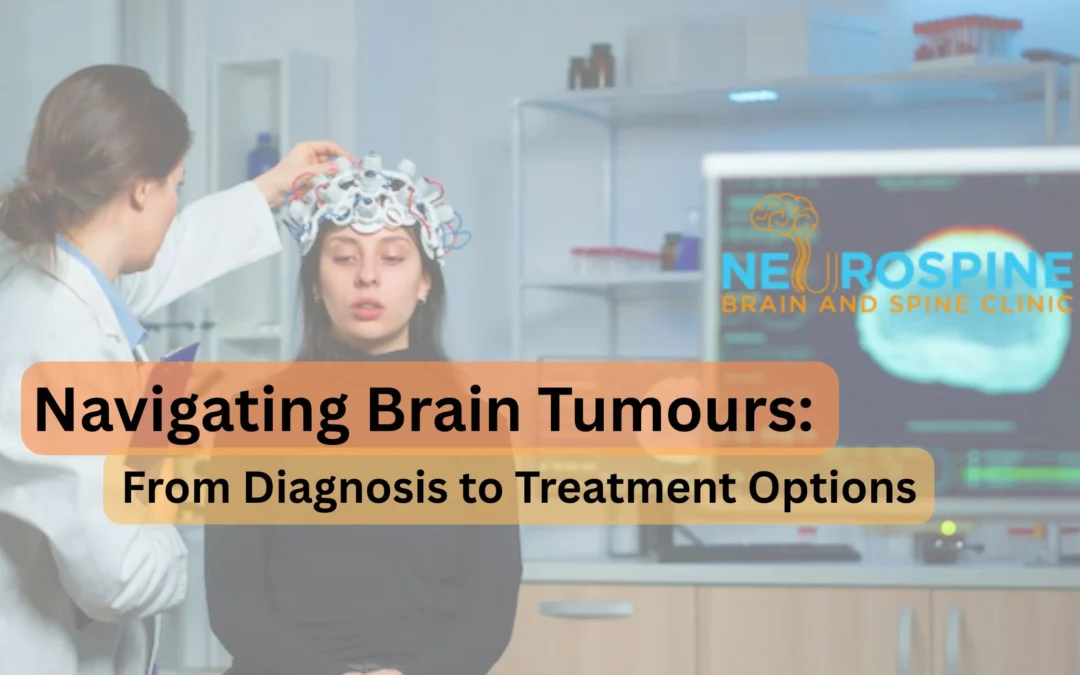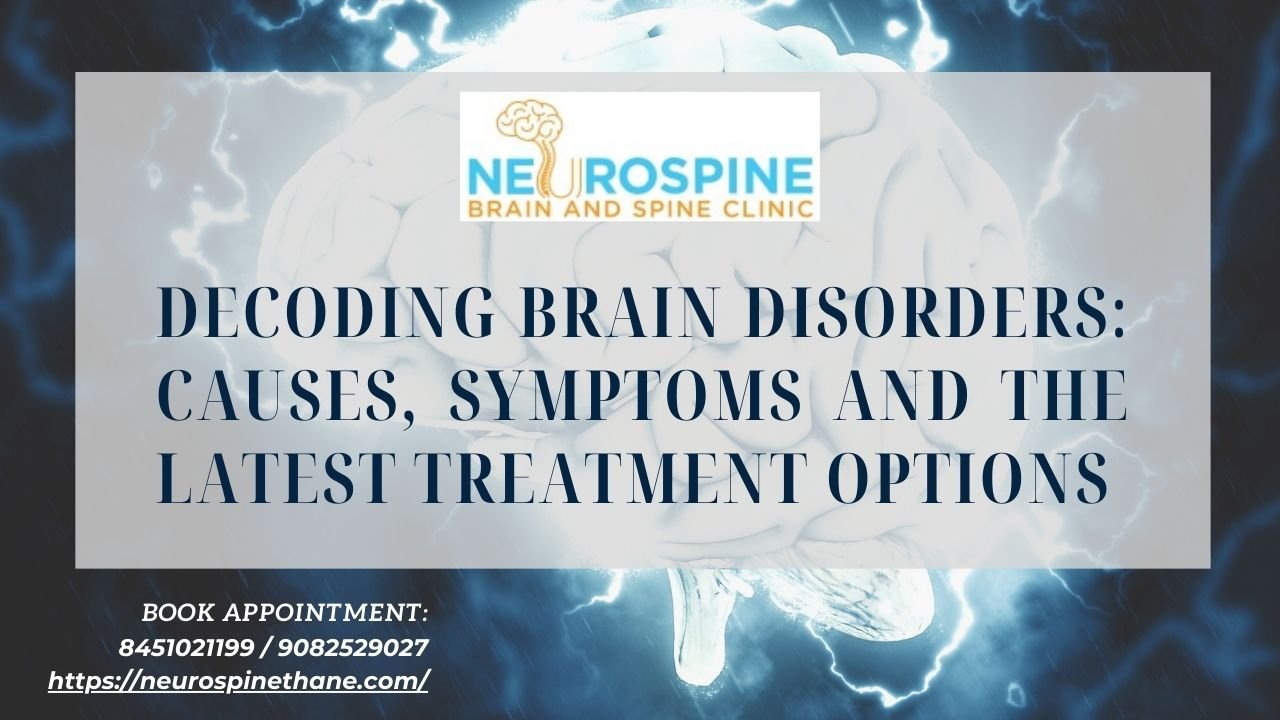The diagnosis of a brain tumour can be pretty emotional for the patient and their family. However, educating them on the detection-to-treatment process enables them to make a better-informed choice. With today’s advanced healthcare technology and access to super-speciality interventions, such as brain treatments in Thane, the treatment of brain tumours has become more precise and effective. The following is a comprehensive guide on how to navigate this trying process.
Understanding Symptoms And Early Diagnosis
Brain tumours present with indolent or nonspecific symptoms, which may be responsible for delays in diagnosis. The most common presentations are:
- Intractable headache (morning or exertional exacerbation)
- Nausea, vomiting, or dizziness
- Vision change (blurred/double vision, partial blindness)
- Adult-onset seizures without a history
- Memory loss, confusion, or personality change
- speech, hearing, or balance impairment.
If symptoms are persistent, imaging tests must be used:
- MRI scans give high-resolution images of the brain, which show tumours and distinguish them from ordinary tissue. These new methods, such as functional MRI, trace brain function against location to prevent damaging important areas when performing surgery.
- CT scans: Quick, first-time imaging to spot abnormalities.
- Biopsy: A tissue sample is examined to identify the tumour type (benign or malignant) and inform treatment.
Early diagnosis is better, so early consultation with a neurosurgeon in Thane is necessary.
Types of Brain Tumours
More than 150 types of brain tumours have been categorised, based on origin and behaviour:
- Gliomas: the most frequent malignant tumours, e.g., glioblastomas (quickly growing) and astrocytomas. Develop from glial cells that cushion neurons.
- Meningiomas: Usually benign, from protective coverings of the brain.
- Metastatic tumours: These are tumours in other organs (e.g., breast and lung).
- Pituitary adenomas: non-cancerous tumours that affect hormone secretion.
Accurate classification guarantees individualised treatment plans.
Treatment of Brain Tumours
1. Surgery
Surgical excision is usually the initial treatment for reachable tumours. Expert neurosurgeons in Thane employ methods such as:
- Craniotomy: Drilling through the skull to remove the tumour.
- Awake surgery: Maintains speech/motor function and removes tumours close to vital brain structures.
- Minimally invasive surgeries: endoscopic or laser ablation for small tumours.
2. Radiation Therapy
- External beam radiation: treats tumours with high-energy X-rays.
- Stereotactic radiosurgery (SRS): Focused radiation that targets tumours that cannot be easily accessed.
- Proton therapy: limited damage to peripheral healthy tissue, which makes it preferable for children to undergo treatment.
3. Chemotherapy and Targeted Therapy
Drugs such as temozolomide kill cancer cells. Targeted therapies inhibit specific molecules fuelling tumour growth, usually with fewer side effects.
4. Rehabilitation and Supportive Care
Post-treatment, counselling, speech therapy, and physical therapy assist patients in regaining function and adjusting to lifestyle changes.
Path to Rebuilding
Recovery depends on tumour type, location, and response to treatment. For example:
- Benign tumours: Frequently cured by surgery.
- Malignant tumours: Ongoing surveillance and multimodal therapies are necessary.
Thane hospitals specialise in post-treatment procedures, which include:
- Physical rehabilitation: Restoration of mobility and coordination.
- Counselling: Overcoming emotional and mental difficulties .
Conclusion
A diagnosis of brain tumour is hard to manage, yet the development of treatments for brain tumours in Thane is on the cards. Patients are given the best-in-class facilities, from cutting-edge imaging to the least invasive surgeries. If you suspect a brain tumour, meet a neurosurgeon in Thane.
Early treatment interventions are vital to prolong life and enhance overall well-being. In Thane, the synergy of innovative care teams and frontier technology enables the medical fraternity to collaborate intimately with patients as they travel their path of health.
FAQs
Q1: When may I consult a neurosurgeon in Thane for suspicions of brain tumor symptoms?
If any of these symptoms—seizure, visual change, headache, or neurologic issues—are noticed, immediately contact a neurosurgeon in Thane.
Q2: What is the standard treatment facility for brain tumours in Thane?
Thane’s approach to brain tumour treatment involves conventional methods such as surgery, radiotherapy, chemotherapy, and tailored therapies, with one-of-a-kind selections such as Gamma Knife radiosurgery.
Q3: What is the effect of early diagnosis on the outcome of brain tumors?
Early identification of a condition presents an opportunity for early intervention, increases cure rates, reduces the odds of adverse effects, maintains quality of life, and prolongs life.




